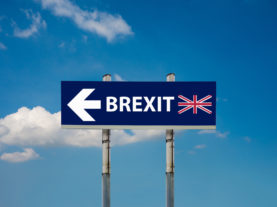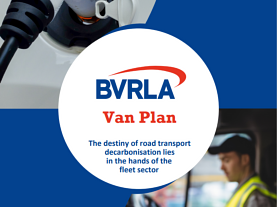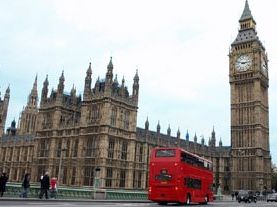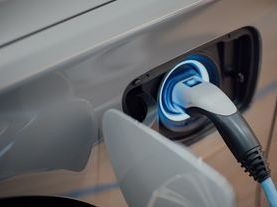It is vital that the UK fleet sector maintains affordable and reliable access to the parts and vehicles it needs to keep the country moving. In the event of No Deal, the association calls on the Government to introduce a package of specific measures to ensure the vehicle rental and leasing sector continues to thrive and maintain its critical contribution to accelerating transport decarbonisation.
Fleet operators make a massive contribution to the UK automotive sector through the millions of vehicles they purchase and their activity in dealerships, garages and the used vehicle market.
As the owners and operators of more than five million cars, vans and trucks, BVRLA members spend more than £30 billion on new vehicles each year as well as billions more on the parts to keep them road worthy. Most of these vehicles and parts arrive from Europe and it is essential that the UK Government preserves the frictionless trade and free movement of goods with the EU. Tariffs and customs queues are not the only threat. Policymakers must also retain the regulatory convergence that underpins automotive trade.
Key No Deal Brexit issues for the fleet sector
Vehicle Tariffs
Temporary tariffs could causean average price rise of £1,500-£1,800 for carsor £15,000 for the average truck. Zero-emissionvehicles are more expensive than their petrol anddiesel counterparts and would be disproportionatelyhit by any tariff, striking a significant blow to the UK’sNet Zero ambitions.
Delayed Repairs
Any delay to complex ‘Just intime’ automotive supply chains could cause massivedisruption to parts availability, delaying vehicleservicing or repairs. The resulting increase in vehicledowntime will damage the UK economy.
Economic disruption
BVRLA members and theircustomers would be negatively impacted by anybroader national economic disturbance which couldsignificantly disincentivise the purchase of cleanervehicles at the scale and pace required to meetcurrent EV targets.
Common regulatory standards
The supply ofelectric vehicles in the UK is already a cause forconcern. Any regulatory divergence, particularlyas the EU introduces its own new CO2 emissionstargets, could severely restrict vital imports of thelatest battery electric vehicles.
Attracting the best talent
The sector’scompetitiveness and ability to provide services toconsumers and businesses would be undermined ifrecruitment of the necessary skills was not protected.
How can policymakers help?
Secure a tariff deal
The UK Government mustsecure an early and permanent arrangement withthe EU that reduces tariffs on all vehicles and partsto zero.
Customs arrangements
Any alternative customsarrangements need to replicate exactly the seamlesstrading relationship that UK automotive currentlyenjoys with the EU.
Cut corporation tax
Cutting business tax willhelp sustain vital investment in the latest lowemission vehicles.
Reduce fuel duty
Drivers and fleet operators,particularly hauliers, will need help to bear thewider economic impact of a No Deal.
Cut VAT on cleaner vehicles and parts
A short-term VAT exemption or reduction for zero emissionvehicles will maintain the UK’s position as anattractive market for EV exports.
Flexible immigration system
As the UK endsfreedom of movement and implements its newimmigration controls it must provide security to EUcitizens living and working in the EU and attract theright mix of talent from the rest of the world.
Maintain regulatory convergence
It is vital thatUK automotive regulation is aligned with that ofthe EU, securing access to the latest clean vehicle technology.
Other Brexit guidance






